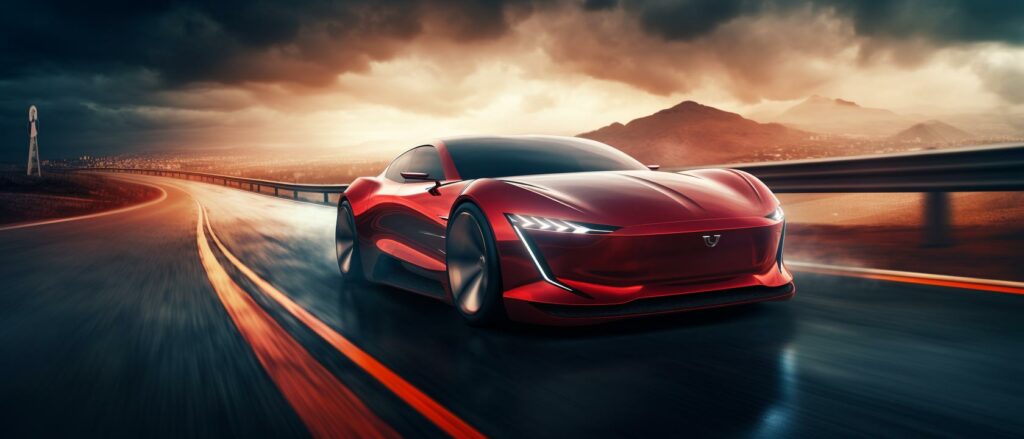Tesla, the pioneering electric vehicle manufacturer, has recently struck two significant deals with major gas station operators, marking a monumental shift in its business strategy. This move is set to dramatically expand the reach of its Supercharger network.

Tesla’s Strategic Partnership with EG Group
Tesla has recently finalized a deal with the EG Group, a leading gas station and convenience store operator. This partnership involves selling Tesla’s Supercharger hardware for deployment under EG’s ‘evpoint’ brand.
“EG Group is excited to acquire Tesla’s latest ultra-fast charging units for our ‘evpoint’ business, expanding our reach across the UK and Europe.” – EG Group
Key Highlights of the EG Group Deal:
- Brand Integration: The Supercharger units will be branded as ‘evpoint’, leveraging Tesla’s industry-leading technology.
- Open Network: The hardware will operate on an open network, allowing all EV drivers to access the chargers.
- Plug and Charge Protocol: The chargers will support simplified and automated payment systems.
- Rollout Timeline: The first new charger units are expected to be deployed before the end of the year.
Previous Collaboration with BP
In a similar vein, Tesla had previously partnered with BP, selling $100 million worth of Supercharger hardware for use at BP’s US gas stations.
Tesla’s Charging Infrastructure Vision:
- Rebecca Tinucci’s Statement: “Rapid installation of reliable, easy-to-use EV charging infrastructure is a key focus for Tesla.”
- Expansion Goals: Tesla aims to be a leader in the EV charging space, hinting at more such deals in the near future.
Implications for the EV Market and Tesla Drivers
These partnerships raise several questions and expectations:
- Integration with Tesla’s Systems: Will the chargers be recognized as Superchargers in Tesla’s navigation?
- Payment and Pricing: How will payment integration work, and will there be a pricing difference?
- Market Shift: This marks a shift from Tesla pushing Superchargers to locations actively seeking them.
Tesla’s Impact on the EV Charging Industry
- Cost-Effective Deployment: Tesla’s Superchargers are several times cheaper to deploy than competitors’ fast-chargers.
- Industry Disruption: Becoming a major distributor to third parties could revolutionize the charging industry.
- Global Influence: Tesla is making significant strides in Europe, impacting the market even after the end of the connector war.
Tesla’s latest partnerships with EG Group and BP are not just a testament to its innovative approach in the EV industry, but also signify a major shift in the charging infrastructure landscape. With plans to increase accessibility and user-friendliness of EV chargers, Tesla is indeed driving towards a more sustainable future.
References and Facts
The recent deal between Tesla and the EG Group, a gas station and convenience store operator, to sell Supercharger hardware has significant implications for the electric vehicle (EV) industry. Here are some related news and facts about this deal:
- Tesla has signed a deal with the EG Group to sell its Supercharger hardware to be deployed as an EG-branded product, marking the second such deal in a few weeks13.
- This agreement follows a similar deal with BP, where Tesla sold $100 million worth of Supercharger hardware to be deployed at BP gas stations across the US under the BP brand124.
- The EG Group’s acquisition of Tesla’s ultra-fast charging units for its ‘evpoint’ business in the UK and Europe represents a significant shift in Tesla’s approach to its charging infrastructure24.
- The chargers, branded as “evpoint,” will utilize Tesla’s technology but will operate on an open network, allowing all drivers, regardless of vehicle brand, to access these chargers4.
- EG Group aims to have more than 20,000 EV chargers in addition to the 600 it already has, as part of its plan to assist the global transition to a lower carbon future3.